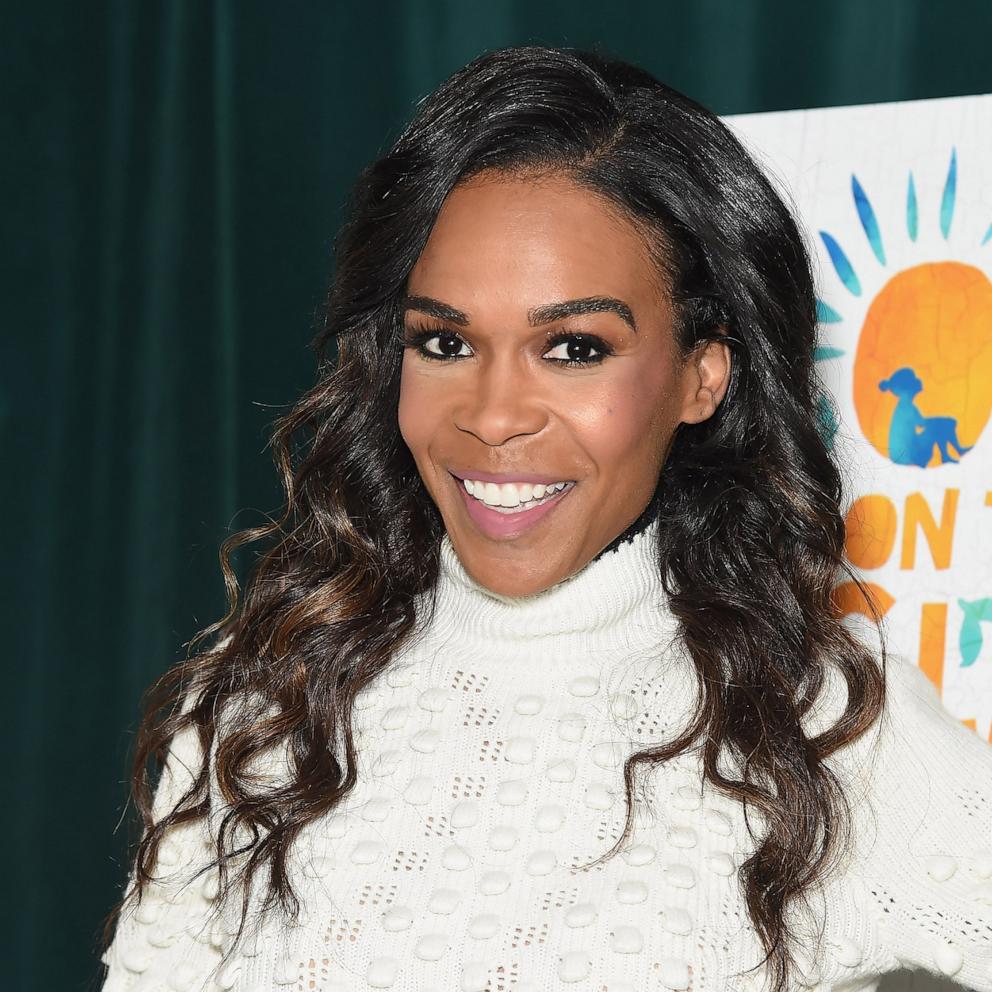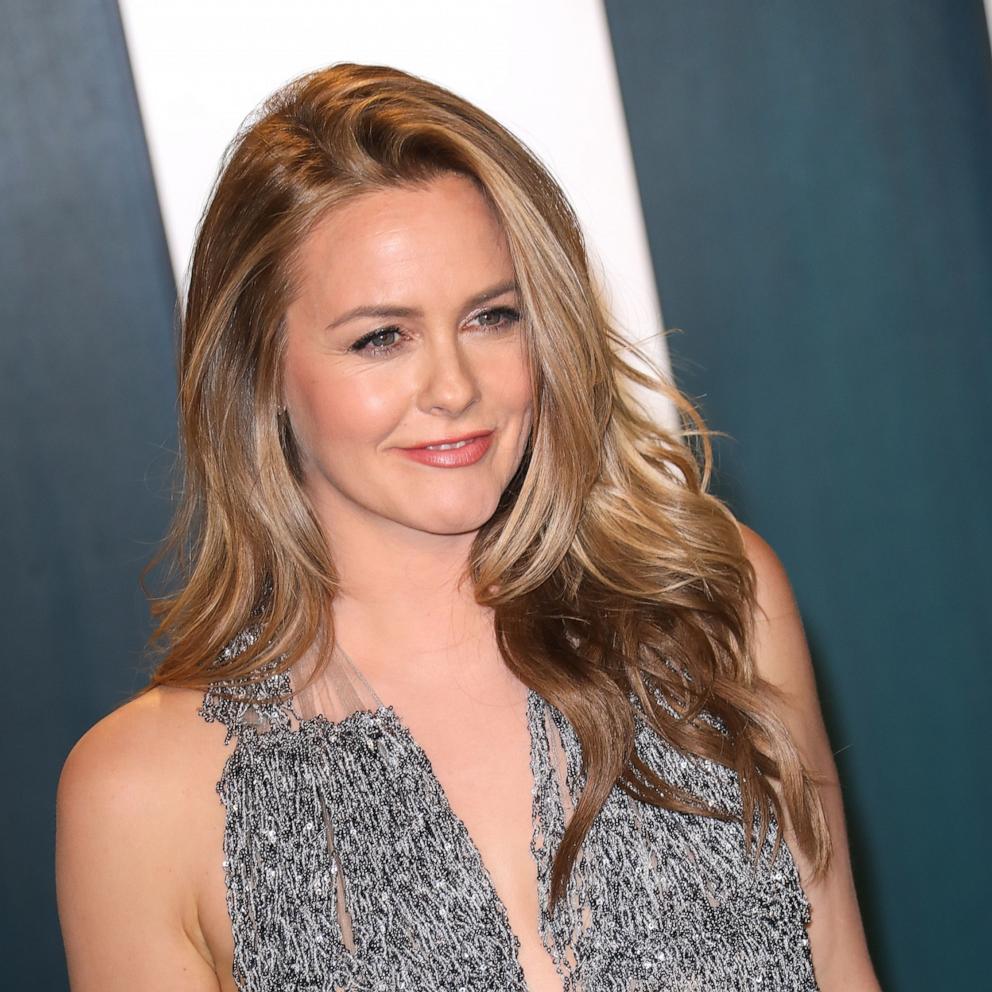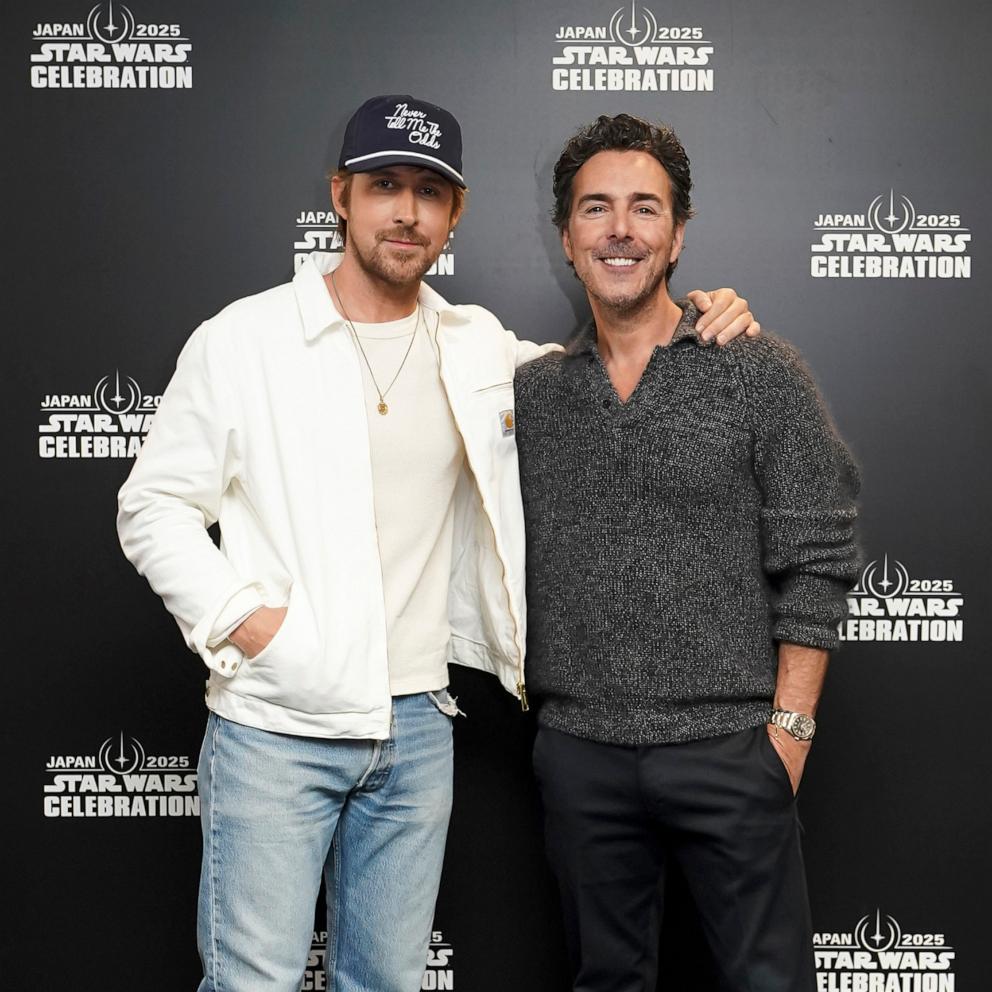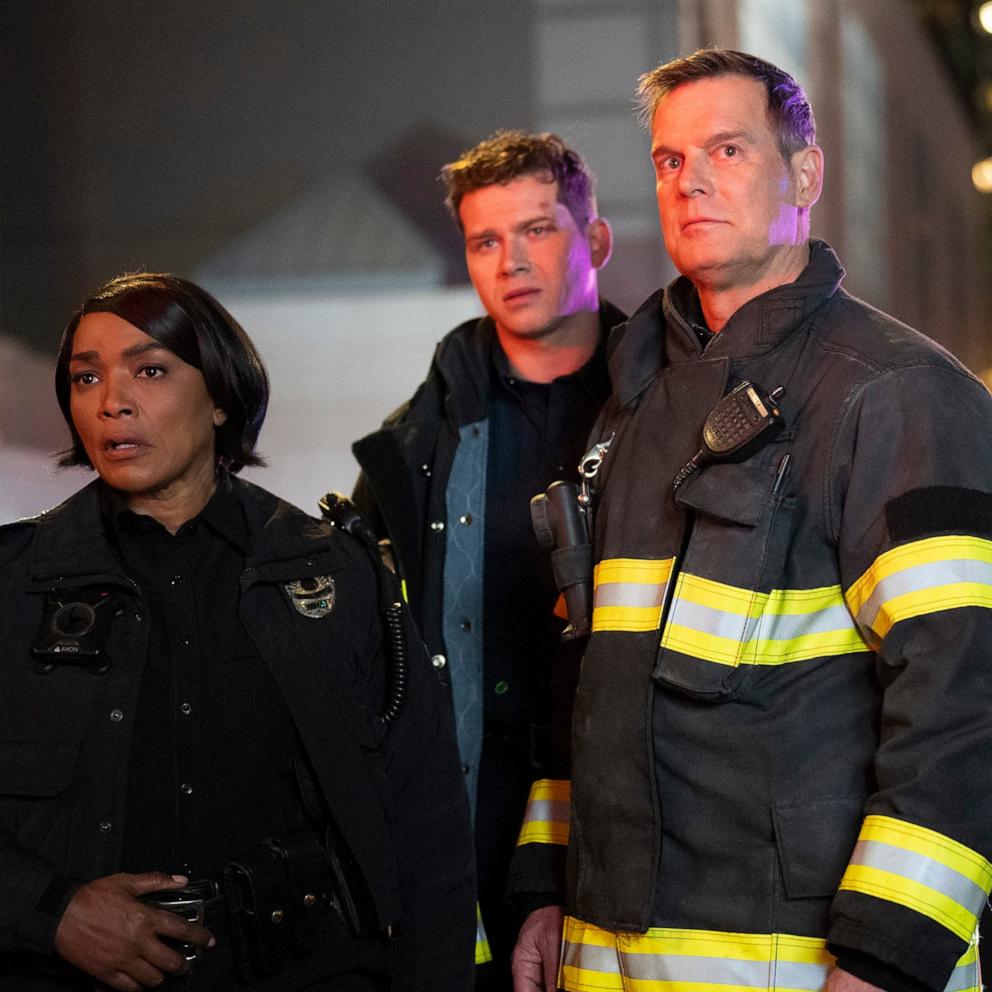Bowen Yang and more reflect on how 'The Wedding Banquet' uplifts queer Asian voices
"The Wedding Banquet" remake hits theaters today, and ahead of its debut, the star-studded cast spoke with "Good Morning America" about how the film is updating the conversation about love, marriage and visibility.
While the film isn't a direct remake of Ang Lee's 1993 film, this updated version by director Andrew Ahn, does tell a similar story and follows Min (Han Gi-chan), a gay man who proposes a green card marriage to his friend Angela (Kelly Marie Tran) in exchange for her partner Lee's (Lily Gladstone) expensive in vitro fertilization treatments.
Plans for Min and Angela's elopement are upended when Min's grandmother (Youn Yuh-jung), surprises them with an extravagant Korean wedding banquet, and Min is forced to hide the truth of his gay partner, Chris (Bowen Yang).

For Ahn, seeing Lee's film for the first time inspired him to produce films that were about queer representation.
"Ang Lee's 'The Wedding Banquet' was the first gay film I ever saw, and the fact that it was a gay and Asian film, and a film told with so much humanity, it really set the bar high for me," Ahn told "GMA" in an interview.
Yang said he was also particularly moved by the original film and said it mirrored his own story with his parents.

"It felt really relevant to me when I was still in the closet from my parents," Yang said. "And then to track the progression from '93 to 2025, my whole parameters have changed with my parents, and my life as an adult is very different -- and for me, it's really emotional to chart the arc of that."
He added, "With our movie, it's just this expansive thing that lives parallel to [the original], where they are both obviously similar but obviously different."
The film departs from Lee's version with the introduction of Tran's and Gladstone's characters, Angela and Lee, who are trying to start a family. Lee, who dreams of being a mom, experiences several miscarriages after failed attempts at IVF.
Leading up to the film's release, Gladstone, who attended a Drag Brunch event for the film in Eagle Rock, California, with Ahn, Chan and Tran, opened up about how Lee's story moved her.

"It's such a personal, tender journey for so many women and so many families trying to conceive," she said. "I listened to people that I love dearly who have gone through similar things ... and just allowed what happened to [also] happen to the people in the world we created in this specific family."
Ahn said that it was important for him to show how queer families are made.
"I was excited to talk about how, as queer people, we build family," he said, adding that it's a topic that's "very present in my personal life."
He continued, "I want to talk about how queer families build and get made, and I think that's something really important to celebrate."
Tran added, "These are things that I have not seen in film. There's a lot of widening the net of what the definition of queer is in a really, really beautiful way."
In addition to queer representation, cultural representation is also highlighted in the film with the visit of Min's grandmother, who organizes a Korean wedding for him.
One wedding scene shows Min and Angela wearing traditional Hanboks and taking part in several Korean wedding ceremonies, including the gyo-bae-rye, where the couple bows to each other and to their parents, as well as the paebaek ceremony, where the groom gives his bride a piggyback ride.
Another lighthearted moment that is depicted during the paebaek ceremony is the throwing of chestnuts and jujubes to represent how many daughters and sons the couple will have: In the scene, Youn's character is stumped when asked which of the chestnuts or jujubes represent sons or daughters.

Gladstone said seeing the representation of traditional ceremony was one she appreciated and one to which many could relate.
"As somebody who grew up around ceremony, I really appreciated that when it comes down to it, nobody knows the chestnuts of the jujubes, which is which, and there's differing opinions about how that goes," the Golden Globe winner said. "What matters is the community that's come together to celebrate it."
She continued, "I just loved that the look into the wedding was coming from inside the house. It was coming from inside. And it's not that everybody in the house is Korean or is familiar with watching the wedding or engaging in it, but the audience gets to be inside of the ceremony in a real insider's way, where you're allowed to be not so stiff about it, not so reverent of it, still very, like, committed to it and committed to the importance and the beauty of it, but it's allowed to be human."
Ahn said that he hopes his reimagined version of "The Wedding Banquet" allows others to tell their own stories.
"I get that this is a specific vision of queer Asian America that's from my perspective, and I know that there are so many other perspectives within our intersectional community, and I want to see those movies," he said.
He added, "I want to see the experience of a queer Asian person that even I'm not aware of and that would make, you know, such an exciting discovery, and just show the kind of diversity of our perspectives living in this world."







